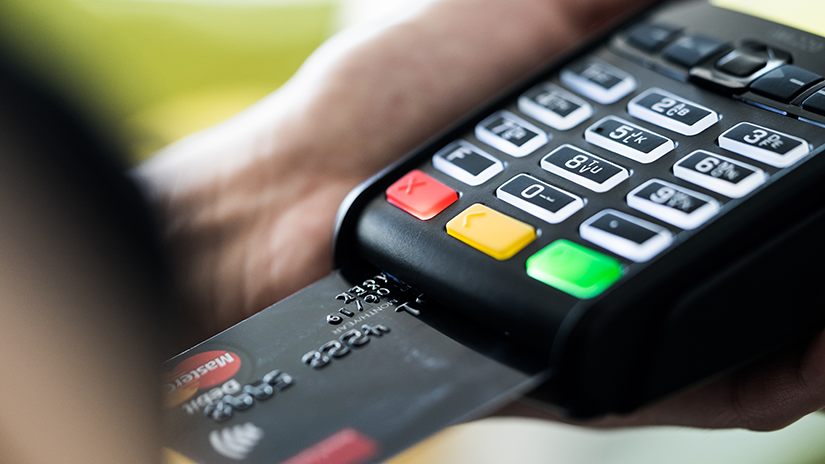
Your fleet is always at risk of fuel fraud, but as fuel prices increase so do the odds that you’ll be faced with fuel theft. Identifying fuel fraud can be tricky, but it’s something every fleet manager should know to look out for and address immediately.
We’ve said it many times: operating even a small fleet has so many moving parts that you really do need expert assistance to help you manage. The risk of poor fleet management is that it can very quickly spiral into uncontrollable unforeseen costs, which can do a lot of financial damage to your core business.
One of the big risk factors is fuel fraud. Unlike vehicle theft, fuel theft is much more difficult to spot. You need access to the right data and analytics and an expert who can use this information to pinpoint when and where fuel fraud is taking place. Never assume that it can’t happen at your business because as fuel prices increase so does the risk of theft. Below are a few examples of how we help our clients identify and prevent fuel fraud.
Start with your company fuel policy
Whether your company has a single delivery vehicle or hundreds of long-haul trucks, you need a detailed company fuel policy. All companies vary. Some have fuel cards, and others reimburse or have specific fuel partners. In some cases, employees might be allowed one tank of fuel per month and in others, it depends on mileage driven.
You need to ensure that you have a fuel policy that works for your company and is relevant to your vehicle use. It’s important that staff understand the policy. This is important not only to help keep things clear for staff but also for your company to have proof of a clear policy should the need arise to take certain fraud cases to court.
Get the right system in place
Unfortunately, preventing fuel fraud is not as simple as keeping track of all transactions and collecting slips. If you don’t know which transactions are fraudulent, it’s not helping you at all. You need a system that monitors and predicts so that irregular fuel transactions can be flagged immediately. How we do this:
- Monitor fuel consumption and transactions for each individual vehicle
- Flag any vehicles (or drivers) that are using notably more fuel than is standard for that vehicle–they might be topping up other vehicles on the same transaction.
- Flag any transactions that happen outside of scheduled routes or approved areas. If vehicles are being filled on weekends or in areas where they’re not meant to be operating, it could be that these vehicles (and fuel) are being used for non-approved purposes.
- If a vehicle has a 45-litre tank but transactions are taking place for 55 litres, for example, it’s a clear sign that fuel is likely being stolen.
- Minimise card copying by instantly picking up irregular transactions.
- Reduce ‘siphoning theft’ by identifying vehicles that are using much more fuel than they should be.
With the right monitoring equipment across your fleet, it’s possible to dramatically reduce fuel fraud and also predict future fuel spend. This will give you a lot more control over your fleet fuel budget and reduce your risk of fuel theft.
Depending on fleet size, we have seen new clients save anything from a thousand rands per year to a few million. Fuel fraud is a reality for any company and you can’t afford to just hope it’s not happening to you.
You must know your vehicles
Once you’ve identified vehicles that are using too much fuel, you can’t just assume it’s fuel fraud. Your vehicles may be using more fuel due to heavier loads, poor maintenance, or even poor road or tyre conditions.
The solution
You need a fleet partner who can help you rule out any mechanical or technical reasons for excessive fuel consumption before you start looking into the possibility of fuel fraud. To do this, you need the following data:
- Expected fuel consumption per vehicle
- Actual fuel consumption per vehicle
- Vehicle mileage
- Vehicle service and maintenance history
- Current vehicle condition
- Routes travelled
All of the above information can be collected with a vehicle telematics system. Not only will this help you prevent fuel fraud, but you can identify ways to further reduce consumption and dramatically reduce your fleet expenses. This really is the only way to keep your fleet in peak condition.
It’s not worth the risk
In today’s economy and considering the costs associated with operating fleet vehicles, nobody can risk being in the dark about where their money is being spent. In order to save on fleet costs and improve your overall fleet operations, you need an expert fleet partner that can manage all this data and turn it into savings.
Looking for a professional fleet management solution? Contact us to find out more about our data-driven insights.
